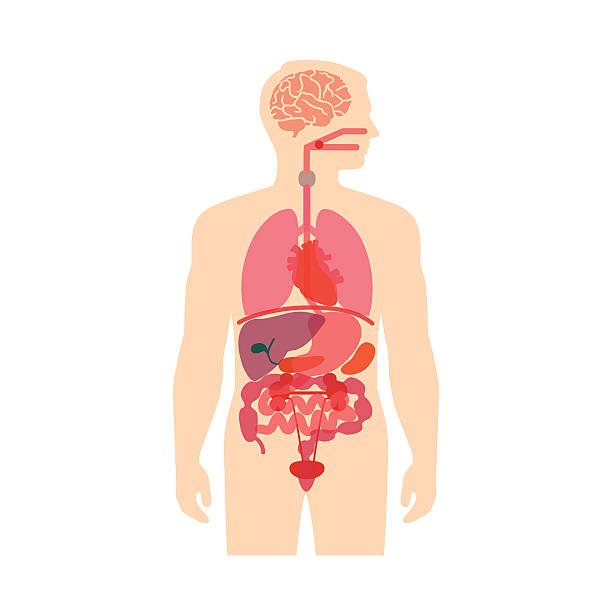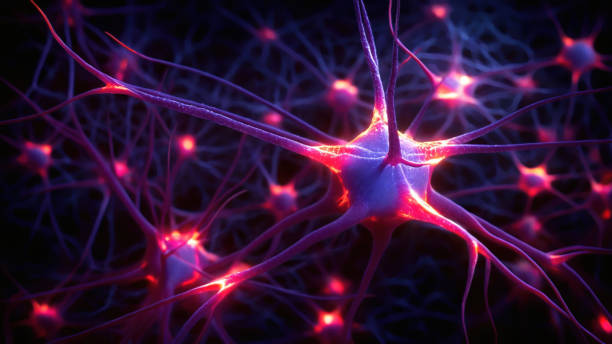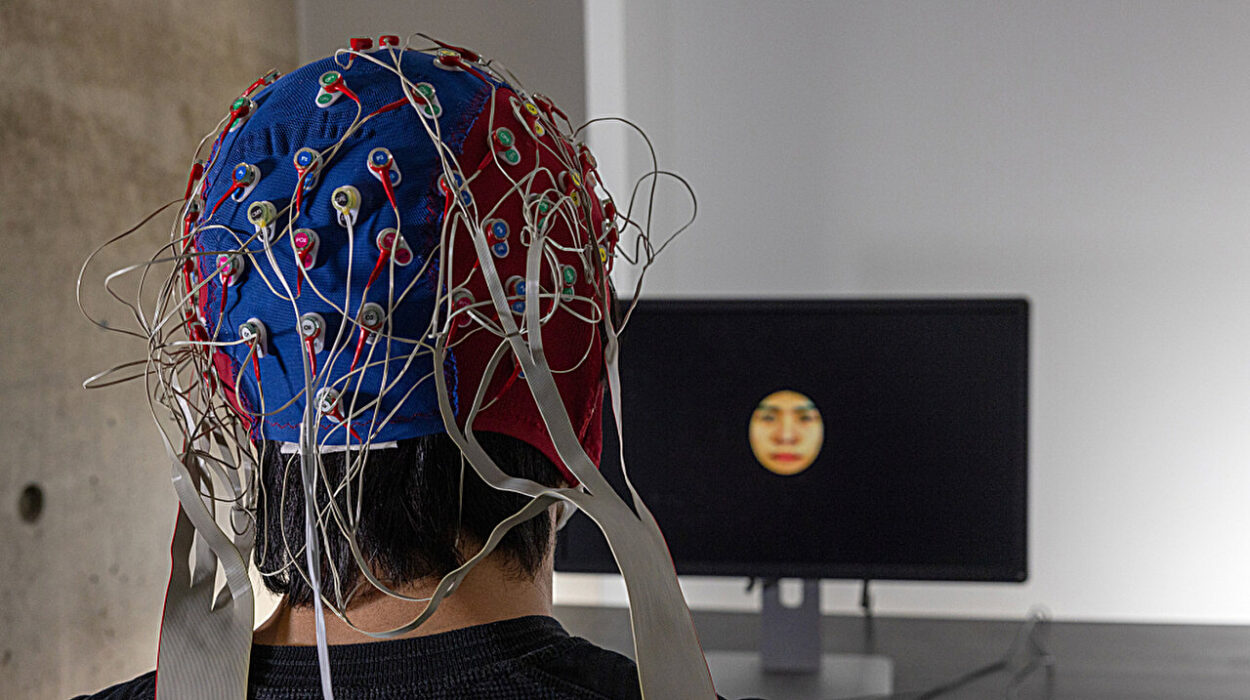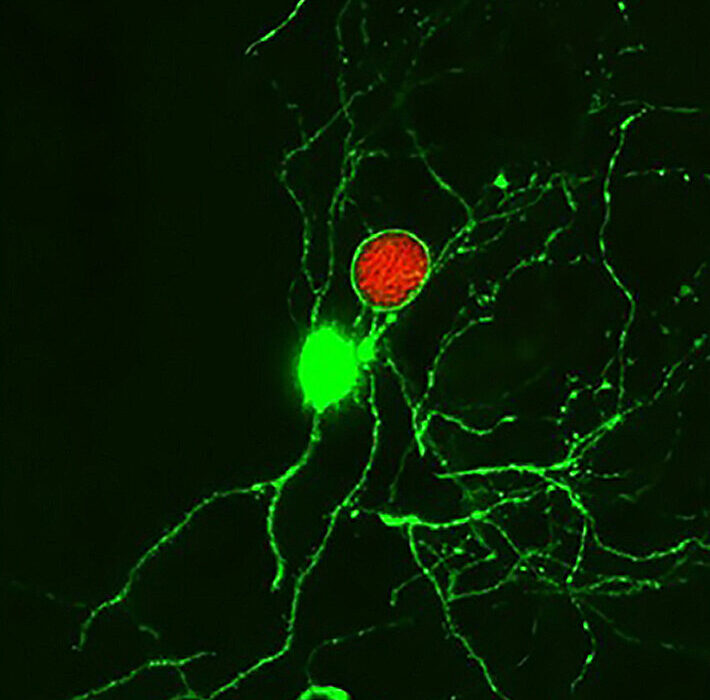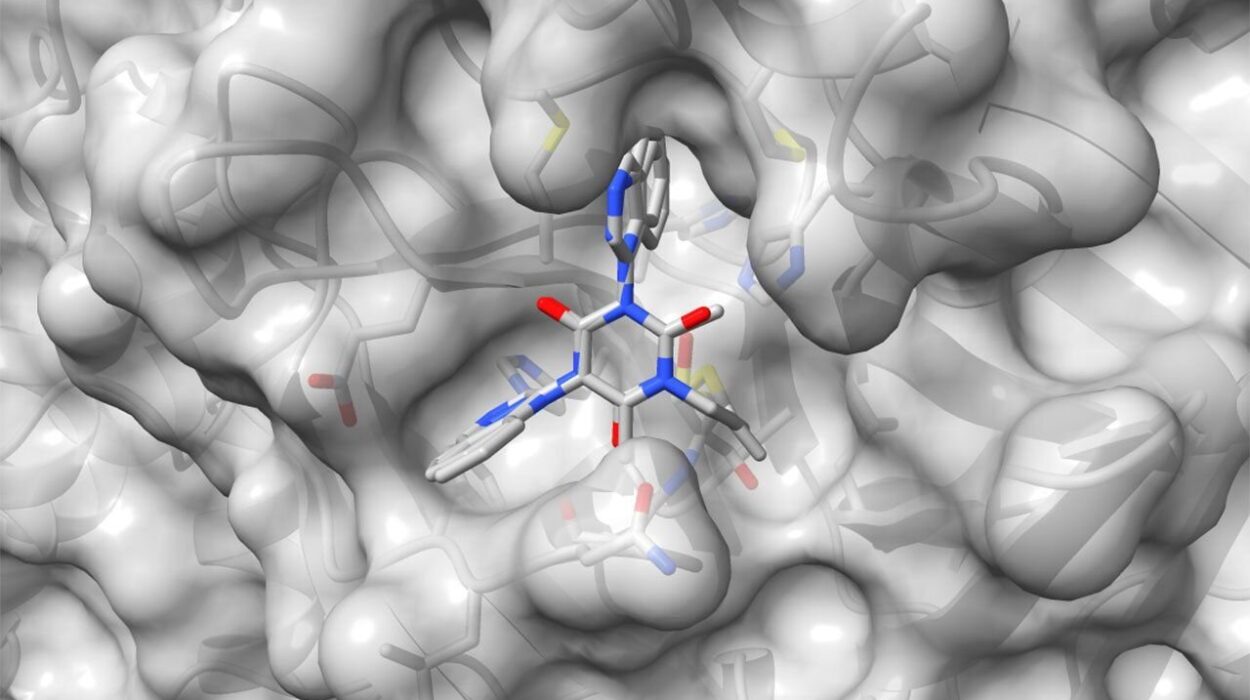In the vast and intricate world of healthcare, there are many specialized fields—cardiology, dermatology, neurology—each focusing on a specific system or part of the human body. Yet, amid this specialization, internal medicine remains a cornerstone of patient care. As the science behind primary care, internal medicine covers a broad spectrum of health concerns, providing the foundation for preventative care, diagnosis, treatment, and long-term management of chronic conditions.
But what exactly is internal medicine? And why is it considered the heart of healthcare?
Internal medicine, often referred to as the “doctor’s doctor,” is the specialty dedicated to the diagnosis, treatment, and prevention of adult diseases, particularly those that affect the internal organs. Unlike surgeons who perform operations, internists focus on non-surgical interventions, using their expertise to manage a wide range of diseases, from common colds to complex conditions like diabetes, hypertension, and heart disease.
As primary care physicians, internists not only treat existing conditions but also emphasize prevention, health maintenance, and lifestyle management to help patients lead healthier lives. This specialty is essential because it addresses the core needs of adults, ensuring that people of all ages have access to comprehensive healthcare. In this article, we will explore the science behind internal medicine, the role of internists in healthcare, and the importance of primary care in fostering overall well-being.
The Evolution of Internal Medicine
Internal medicine, as we know it today, has evolved over centuries, shaped by advancements in medical knowledge and changes in healthcare practices. Historically, the concept of internal medicine emerged in the 19th century during a time when medical practices were becoming more systematic and scientific.
Before the formalization of internal medicine, doctors were generally generalists, treating patients with a wide range of ailments without a deep understanding of the specific causes of disease. Early medical practitioners often relied on crude remedies, superstition, and trial-and-error approaches to treatment.
However, as the understanding of human physiology advanced, particularly during the Renaissance and Enlightenment periods, the need for specialized knowledge grew. Physicians began to recognize that diseases were not isolated to specific organs but were often interconnected and influenced by a variety of factors such as genetics, environment, and lifestyle.
By the 19th century, internal medicine emerged as a distinct field within the medical profession, with a focus on understanding the internal workings of the body. Pioneers like William Osler, a Canadian physician considered one of the founding figures of modern internal medicine, emphasized the importance of patient-centered care and the integration of medical knowledge with clinical practice.
Today, internal medicine remains at the forefront of healthcare, with internists continuing to build on the work of their predecessors. Their role in diagnosing and managing complex conditions, offering preventative care, and coordinating treatment with specialists makes them indispensable in the modern medical landscape.
The Role of Internists in Primary Care
Internal medicine is often the first line of defense against disease, with internists serving as primary care physicians for adults. Primary care involves the continuous care of patients, including prevention, diagnosis, treatment, and management of common illnesses and chronic conditions. Internists have specialized training to handle a wide variety of issues that affect adults, from minor ailments to life-threatening diseases.
As primary care doctors, internists often serve as the initial point of contact for patients. When you visit an internist, you might expect them to manage your routine health check-ups, provide vaccinations, screen for diseases like cancer or diabetes, and treat common illnesses such as the flu or infections. They also monitor and manage chronic conditions like hypertension, asthma, and arthritis.
One of the defining characteristics of internal medicine is the breadth of knowledge required to care for a diverse patient population. Unlike specialists who focus on specific organs or systems, internists have expertise in multiple areas of medicine, which allows them to provide comprehensive care that spans a wide range of health concerns. Their ability to diagnose and manage diseases in various parts of the body, often with overlapping symptoms, makes them the glue that holds many patients’ healthcare journeys together.
Moreover, the emphasis on preventative care sets internists apart from specialists. Primary care physicians, especially internists, play a key role in detecting potential health problems early on, helping to prevent the onset of more serious conditions. Through regular screenings, health education, and lifestyle advice, internists can make a significant impact on patients’ long-term health outcomes.
The Science of Internal Medicine: A Multifaceted Approach
Internal medicine is not just about treating illnesses—it is rooted in a deep understanding of human biology and pathology. The science behind internal medicine involves a complex combination of anatomy, physiology, biochemistry, genetics, pharmacology, and clinical skills.
The Diagnostic Process
One of the most important skills of an internist is the ability to diagnose a patient’s condition accurately. The diagnostic process involves a careful assessment of the patient’s medical history, physical examination, and diagnostic tests. Internists must consider the patient’s symptoms, risk factors, and lifestyle when forming a diagnosis.
For instance, a patient presenting with fatigue might be tested for a range of conditions, such as anemia, thyroid disorders, sleep apnea, or depression. The internist must rule out various possibilities, using knowledge of the body’s systems and common patterns of disease presentation to arrive at the most likely diagnosis.
In many cases, the internist will rely on diagnostic tests such as blood work, imaging studies (X-rays, CT scans, MRIs), and specialized screenings. For example, if a patient has chest pain, an internist may order an EKG or stress test to evaluate heart function. They may also refer patients to specialists if a diagnosis requires further expertise in a specific organ system.
Treatment and Management
Once a diagnosis is made, the internist’s role shifts to treatment and management. For many conditions, particularly chronic diseases like hypertension, diabetes, and heart disease, treatment is a lifelong process that involves constant monitoring and adjustment.
Internists prescribe medications, offer lifestyle recommendations, and work closely with patients to ensure the best outcomes. They also play an integral role in managing polypharmacy, ensuring that patients who take multiple medications for different conditions do not experience harmful interactions.
For instance, a patient with diabetes may need medication to control blood sugar levels, dietary recommendations, and regular monitoring of blood glucose. The internist will work with the patient to establish an effective treatment plan that takes into account their unique needs and circumstances.
Additionally, internists help patients navigate complex comorbidities, where multiple health conditions interact and complicate treatment. For example, a patient with both asthma and heart disease requires a carefully coordinated approach to medication, exercise, and lifestyle changes to manage both conditions effectively.
Prevention and Health Promotion
Prevention is a key component of internal medicine. Internists are dedicated not only to treating existing illnesses but also to preventing them. Through routine screenings, vaccinations, and education, they help patients avoid the onset of diseases or catch them early when they are more treatable.
Health screenings vary depending on the patient’s age, gender, and risk factors. For example, regular blood pressure checks can help identify hypertension before it leads to complications like heart disease or stroke. Similarly, cancer screenings such as mammograms, colonoscopies, and Pap smears can detect cancer early when it is most treatable.
Internists also focus on lifestyle modifications to reduce the risk of diseases such as heart disease, diabetes, and obesity. They advise patients on the importance of a healthy diet, regular exercise, smoking cessation, and stress management. This preventive approach not only improves patient outcomes but also helps reduce healthcare costs by preventing the development of more serious, expensive conditions.
Subspecialties of Internal Medicine
Internal medicine is a broad field, and many internists choose to pursue subspecialties to focus on specific areas of disease or patient populations. These subspecialties allow internists to become experts in specific conditions, often working alongside other specialists to provide the best care for patients.
Some of the most common subspecialties of internal medicine include:
Cardiology
Cardiologists focus on the heart and circulatory system. They diagnose and treat conditions such as coronary artery disease, heart failure, arrhythmias, and hypertension. Cardiologists perform procedures like catheterization, stent placement, and sometimes heart surgery.
Gastroenterology
Gastroenterologists specialize in diseases of the digestive system, including conditions such as ulcers, irritable bowel syndrome (IBS), liver disease, and colorectal cancer. They perform procedures like endoscopy to examine the esophagus, stomach, and intestines.
Endocrinology
Endocrinologists focus on the endocrine system, which regulates hormones in the body. They manage conditions such as diabetes, thyroid disorders, osteoporosis, and adrenal gland diseases.
Pulmonology
Pulmonologists specialize in lung and respiratory diseases. They diagnose and treat conditions such as asthma, chronic obstructive pulmonary disease (COPD), pneumonia, and lung cancer.
Rheumatology
Rheumatologists specialize in autoimmune diseases and conditions that affect the joints, muscles, and bones. Common diseases treated by rheumatologists include rheumatoid arthritis, lupus, and osteoporosis.
Infectious Disease
Infectious disease specialists focus on the diagnosis and treatment of infections caused by bacteria, viruses, fungi, and parasites. They are often called upon to manage complex or rare infections, such as tuberculosis, HIV/AIDS, and tropical diseases.
Nephrology
Nephrologists specialize in kidney diseases, including chronic kidney disease, kidney stones, and dialysis. They play a key role in managing patients with kidney failure and work closely with other specialists to manage renal transplant patients.
The Importance of Primary Care in Health Systems
Primary care is the bedrock of any functioning healthcare system, and internists are at the forefront of this foundation. They provide continuity of care, forming long-term relationships with patients, which is essential for managing chronic conditions and promoting overall health.
Having an internist as a primary care physician can also help reduce healthcare costs. Patients who receive routine checkups and preventative care are less likely to develop serious, expensive conditions that require emergency interventions or hospitalizations. By maintaining a consistent relationship with their internist, patients can receive personalized care that is both proactive and reactive, addressing health issues before they escalate.
Conclusion: The Cornerstone of Adult Care
Internal medicine is the science and art of diagnosing, treating, and preventing adult diseases, with an emphasis on comprehensive care and patient education. Internists are the gatekeepers of primary care, providing continuous and personalized healthcare to ensure long-term well-being.
From managing chronic conditions to offering preventative care, internists play a vital role in maintaining public health, promoting healthy lifestyles, and preventing the onset of debilitating diseases. Their deep knowledge of human biology, diagnostic acumen, and patient-centered approach make them indispensable in the healthcare system.
In a world where healthcare is increasingly specialized, internal medicine reminds us that the whole body is interconnected—and that true health can only be achieved when we address the body as a whole.
